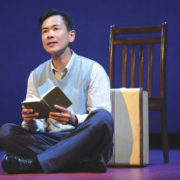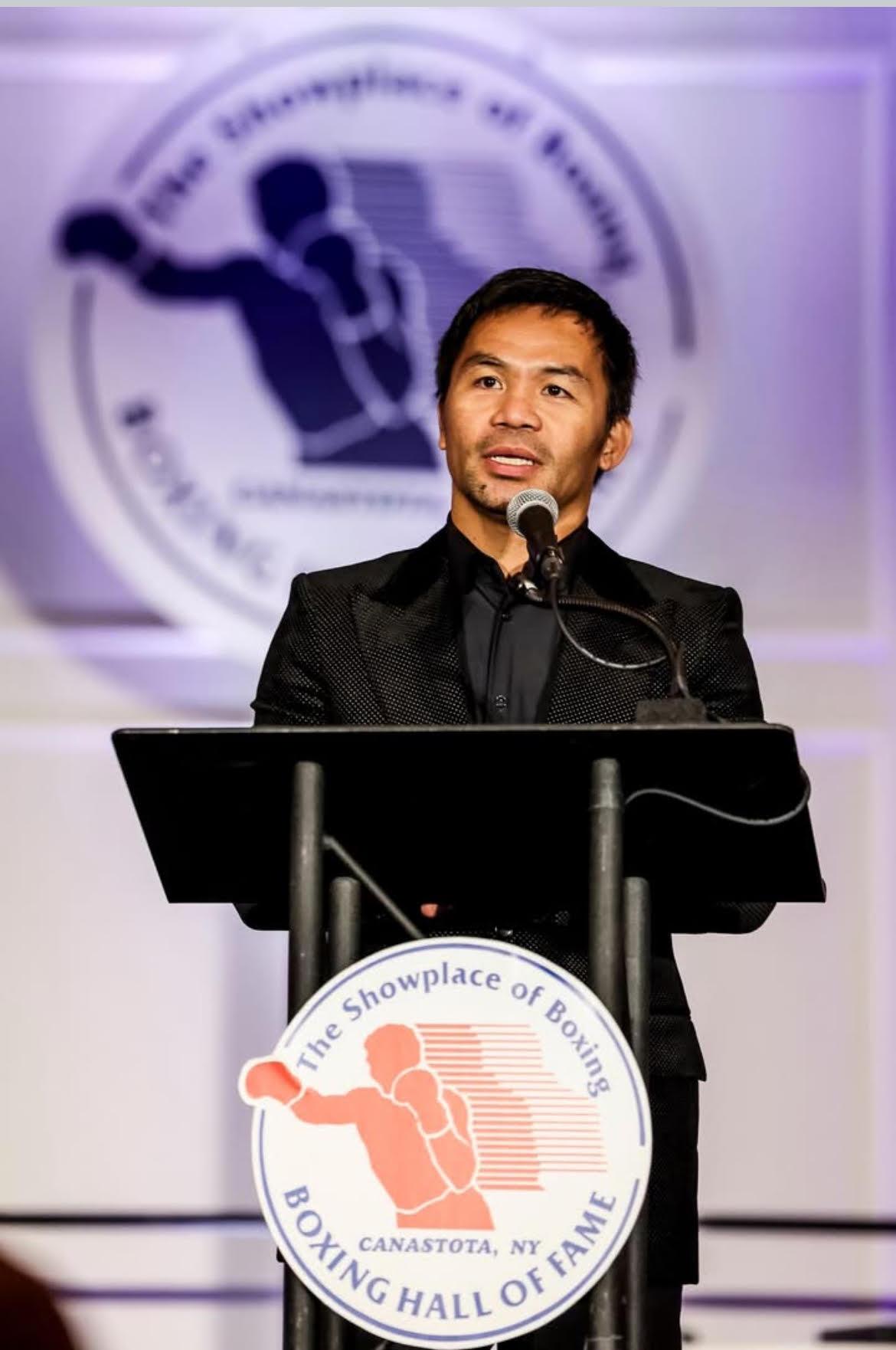With the current trend and issues about immigration in the United States today, it is essential that the message of holding on to one’s Constitutional rights as an American citizen — regardless of race or color — be defended.
This is clearly what “Hold These Truths” is about. Written by Jeanne Sakata, “Hold These Truths” is an inspiring true story following Gordon Hirabayashi, a Japanese-American student who fought internment to a relocation camp during World War II. It chronicles Hirabayashi’s journey from college in Seattle all the way to the Supreme Court.
Directed by Lisa Rothe, “Hold These Truths” shares the story of a young man who passionately defends his Constitutional rights against an unexpected adversary: his own country.
“Hold These Truths” will be making its Northern California debut via TheatreWorks Silicon Valley with Filipino-American actor Joel de la Fuente starring as Hirabayashi. In 2012, the play made its Off Broadway premiere at Epic Theatre Company, in which de la Fuente received a 2013 Drama Desk nomination for Outstanding Solo Performance.
This is not de la Fuente’s first foray in acting, though this makes his TheatreWorks debut as Hirabayashi. He has been seen in movies and on many TV shows such as “Madam Secretary,” “Hemlock Grove,” “Nurse Jackie” “Hawaii 5-O,” “ER,” “Red Sparrow,” and “The Adjustment Bureau” to name a few. He has also performed throughout the U.S. at theatres including the New York Shakespeare Festival, La Jolla Playhouse, The Public Theater and others.
The Asian Journal was fortunate enough to do an e-mail interview with de la Fuente to share his life as an actor and views about relevant “Hold These Truths” today:
AJ: How did you get started into acting? What made you decide to pursue it as a career/profession?
I’ve always thought that the theater is a magical place. And I love the idea of portraying other people, of trying to transform myself into someone else.
But part of wanting to be a professional actor is also related to being Asian American. I wanted to try and be someone who could help expand the idea of who we were and what we could be within the media. People should see themselves represented onstage, on film, on TV. We’re a part of this culture and we should be included as an essential part of it. That is absolutely a motivation in what I do.
AJ: Why did you accept the role of Gordon Hirabayashi and how relevant is his story and the play in our present time?
When Lisa presented me with Jeanne’s script to read in 2009, I was shocked that I had never heard of Gordon. As someone who prided myself on my Asian American heritage, how could I have no knowledge of this man, an American hero? It felt that his story was one that was essential to share. Every American should know who Gordon is. Today, almost ten years later, his story is more relevant than ever.
AJ: Having talked to a number of Asian Pacific Islanders — mostly Filipino-Americans — artists, they shared their struggles about starting in an industry that has limited opportunities for minorities and people of color. Can you share your experience/s and challenges especially when you were just starting in acting?
It’s hard to identify all the things that made me feel unwelcome as an actor of color. It’s institutional. It’s cultural.
Growing up, it was the absence of faces that looked like mine, and in the few instances where I did see people who looked like me, they were often represented in ways that were reductive, stereotypical, alien to the dominant culture. In my life growing up, I was constantly coming up against this feeling that I was not being seen or accepted as an American.
If you’re not being accepted for who you feel you are in your actual experience, how would you ever be believed to be other characters you desired to portray? It creates an insidious layer of self-apology. And that makes it hard to do good work. It makes it hard to own the difficult choice to follow the path of an artist.
AJ: Your roles in TV, film and stage is diverse. What are the differences of each area, and which do you feel most connected to the audience?
For me, the only time I really feel connected to an audience is in the theater. Without them, there is nothing. The entire intention is to actively share with the community that has come together. In film and television, I find that I try to be much more private in what I am doing. I am telling my character’s own, private story and trusting the camera to come in and convey that to people who will watch it later, in my absence. They often involve the same tools and skills, but the focus is a little different. They can each be tremendously gratifying in their own specific ways, but the sharing aspect of the theater is special.
AJ: What would be your advice to Filipino-American artists who are still trying to build a career in acting, whether on TV, film or onstage?
So much is out of your control so do your best to attend to the things you can control. Be ferocious about cultivating the reasons (and skills) you “love” about acting. Build and maintain a community of supportive, like-minded artists. Learn how to create your own work. Treat your career choice like a marathon, not a sprint: have patience, work hard, and try your best to enjoy the process.
“Hold These Truths” will be presented July 11 to August 5, 2018 at the Lucie Stern Theatre, 1305 Middlefield Rd., Palo Alto. For tickets ($40-$100) and more information, please visit TheatreWorks.org or call (650) 463-1960. (AJPress)






